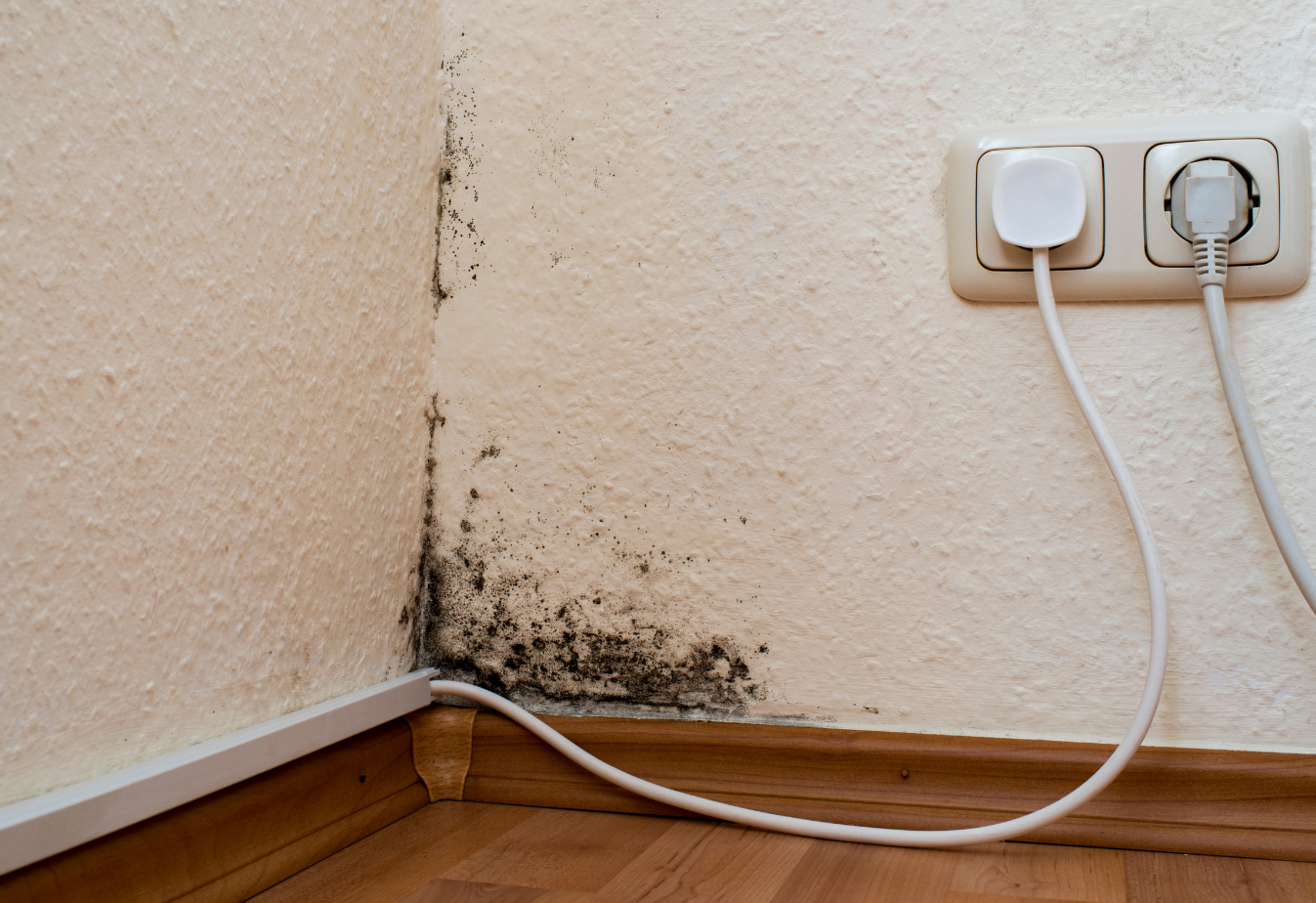Stachybotrys chartarum, commonly called “black mold,” is known to cause health complications to those exposed. Symptoms can include: headaches, chronic fatigue, nausea, memory loss, cold-like symptoms, pneumonia, swelling, cramps and joint pain, sinusitis, bronchitis, cancer, multiple chemical sensitivity, bleeding lungs, and even death (particularly because of hemorrhages in infants). If you or a family member has suffered because of exposure to toxic mold, including strains other than stachybotrys (such as aspergillus, chaetomium, and cladosporium), the attorneys of Maginnis Howard, PLLC can help.
North Carolina landlord-tenant law requires that all landlords provide premises fit for human habitation. In some cases, a landlord’s failure to prevent mold is a violation of the North Carolina Residential Rental Agreements Act.
If you become sick from exposure to black mold, you can state a claim for personal injury damages including:
- medical expenses
- lost wages
- temporary or permanent disability
- pain and suffering
You may also have a valid claim for rent abatement (which allows recovery of some previously paid rent. In extreme cases, you may claim unfair and deceptive trade practices which entitles a claimant to triple their actual damages.
The personal injury attorneys of Maginnis Howard can help you negotiate a fair settlement with your landlord or employer, and, if necessary, file a lawsuit on your behalf. We offer free consultations for all tenants suffering from exposure to toxic mold. Further, we handle these cases on a contingency basis. You pay no attorneys’ fees unless and until you recover damages.
Maginnis Howard is a civil litigation and personal injury firm accepting toxic mold cases from Alamance, Durham, Orange, and Wake Counties, including cases from Apex, Burlington, Cary, Chapel Hill, Clayton, Durham, Morrisville, Raleigh, Wake Forest, and the rest of the Triangle area. Please contact the firm at 919.480.8526 to speak with a toxic mold personal injury attorney. If you have sustained a personal injury because of exposure to black mold, you can submit an inquiry here.






